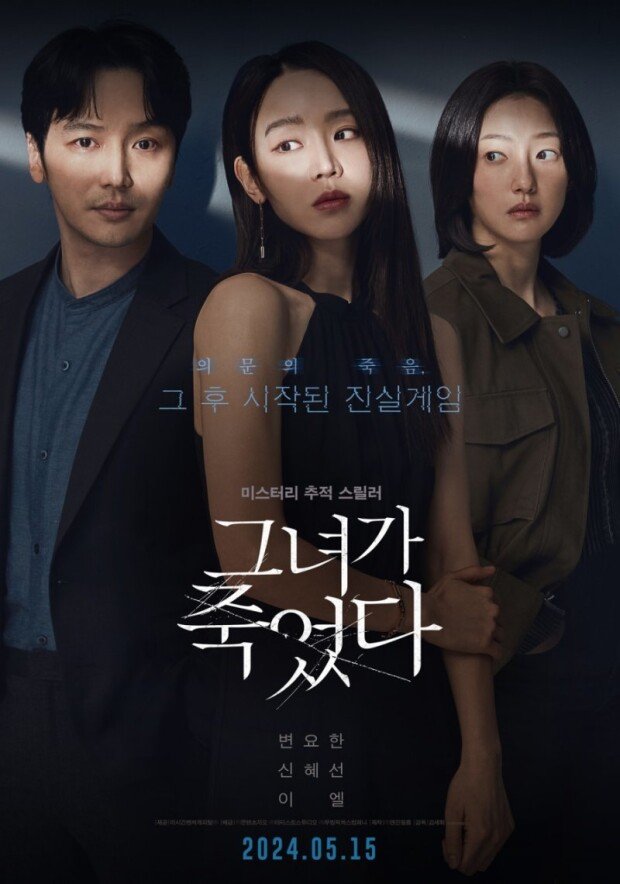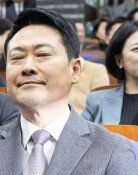Ignorance and delusion
Ignorance and delusion
Posted May. 22, 2024 07:54,
Updated May. 22, 2024 07:54

"I never do bad things. I only look." Realtor Jeong-tae Ku, portrayed by Korean actor Byun Yohan in the movie "Following," rationalizes his secret habit of peeping into his customers' lives by breaking into their homes with entrusted keys, saying that he never does bad things and only looks. Despite his assertion that he merely observes without causing harm, his actions constitute a crime of housebreaking. Despite this, Ku justifies his behavior as a harmless hobby of collecting insignificant items from the house, deluding himself into thinking it's not morally wrong.
Unaware of the criminality of his actions, Ku maintains his innocence following the discovery of Sora Han, a social media influencer, dead and bleeding in a house. Despite evidence suggesting otherwise, Ku portrays himself as the victim. Similarly, Han, living a facade as an attention-seeking influencer, perceives herself as the most unfortunate. Disregarding the potential harm of her actions, she continues to justify herself as the victim, listing excuses incessantly.
The protagonists in the film, oblivious to their wrongdoing and perceiving themselves as victims, reflect the absurdity of contemporary life. Change only occurs when they recognize their errors. In societies where individuals believe themselves to be victims without acknowledging their actions, opportunities for transformation are missed. The police officer's firm assertion that he is not the victim to Ku, who remains ignorant and delusional even after serving his prison sentence, marks a pivotal moment of realization. This epiphany prompts introspection, urging us to reflect on our own lives.







